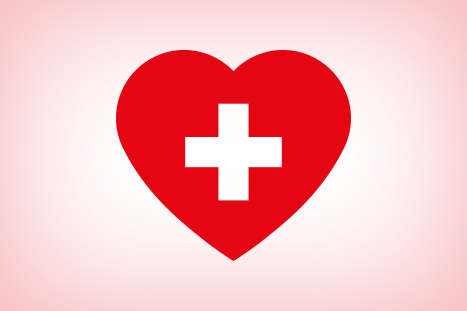Upper Respiratory Tract Infections otherwise know as “the common cold” occur commonly in children and adults. Children under six years of age are at greatest risk of contracting cold symptoms but even healthy adults can expect to contract two to three colds each year.
Symptoms usually start in the nose and throat about one to three days after exposure to a virus. Symptoms vary person to person but may include:
- runny or stuffy nose
- sore throat
- cough
- congestion
- muscle aches or mild headache
- sneezing
- low-grade fever
- general malaise
The Centre for Health Protection (CHP) advises that students be kept home from school if they display any cold-like symptoms including a temperature greater than 37.5, cough or runny nose. Please be encouraged to take the following measures to help prevent upper respiratory illnesses:
- Build up good body immunity by having a proper diet, regular exercise, and adequate sleep.
- Maintain good personal and environmental hygiene.
- Keep hands clean and wash hands properly.
- Cover nose and mouth while sneezing or coughing and dispose of nasal and mouth discharge properly.
- Wash hands after sneezing, coughing, or cleaning nose.
- Maintain good ventilation.
- Avoid crowded places with poor ventilation.
- Do not send children to school with fever or respiratory problems.
- Children should not attend school until 48 hours after their fever or symptoms have subsided.
- Continue to monitor temperatures at home.
- Seek medical advice promptly if symptoms of respiratory tract infection or fever develop.
Your vigilance and cooperation will help us promote a healthy school environment for our students.

